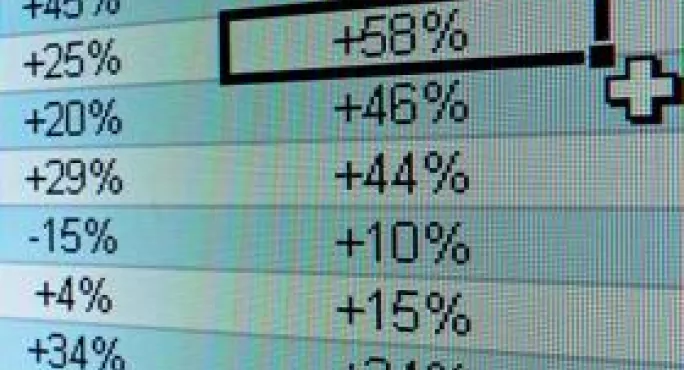No more spreadsheets

The man who created the BBC Microcomputer and inspired a generation of programmers has called for Michael Gove to go further in his mission to end “boring” computing lessons and scrap ICT as a subject in schools altogether.
Professor Steve Furber, a University of Manchester academic who was the principal designer of the machine that introduced millions of schoolchildren to computing, argues in a Royal Society report published today that the “brand” of ICT has developed “negative connotations”.
At Queen Elizabeth School in Kirkby Lonsdale, Cumbria, praised for its teaching of computing, one pupil said that ICT was seen as focused on office skills, or “teaching the boring bits of my Mum’s job”.
Instead, Professor Furber said that all pupils should be taught “digital literacy”, which he compared to the basic skills of reading and writing, as well as being given an introduction to information technology and computer science, analogous to English language and English literature.
“Digital literacy is what we need for survival in the modern world: to know how to use, and how to use safely, computers, smartphones, tablets, the whole range of things which surround us all the time,” he said. “As part of that, we also want people to have some exposure to the concepts of computer science and information technology.
“We realise it will be difficult to resource and not every child will be interested. But we think each child should have the opportunity, starting in primary school, to get some exposure to programming. We want people to see the creative side of the subject.”
Mr Gove announced on Wednesday at BETT, the educational technology show, that the ICT curriculum was to be overhauled, with a greater focus on creativity and programming. “Instead of children bored out of their minds being taught how to use Word and Excel by bored teachers, we could have 11-year-olds able to write simple 2D computer animations using an MIT tool called Scratch,” the education secretary said.
He was influenced by the Royal Society report and by campaigners such as games publisher Ian Livingstone, who last year wrote in TES: “The narrowness of how we teach children about computers risks creating a generation of digital illiterates, and starving some of the UK’s most successful industries of the talent they need to thrive.”
But ending ICT as a subject designation would require a change in the legislation, the Department for Education believes.
The report said that a digital literacy curriculum should include the safe use of computers; an understanding of the internet and the design of web- based systems; an examination of the application of computers in society; computer programming and design; and the underlying principles of computing. Word processors and spreadsheets would be replaced by robotics kits such as Lego Mindstorms and introductory programming languages.
From the age of 14, pupils should be able to pursue a recognised qualification in computer science or information technology. Professor Furber said that computer science needed to be promoted from a position where it had no place in the pre-16 curriculum. He said the pervasiveness of computers, their economic importance and potential to develop analytical skills justified its inclusion.
Mr Gove encouraged schools to work with industry and universities to create the new ICT curriculum. The Royal Society report found that all 160 computer science-related degree courses listed at 111 institutions could be studied without a computing or computer science A level, and that the numbers studying some computing courses at A level and GCSE or applying for computer science at university had more than halved since 2003.
The report also said that many schools lacked the equipment and personnel to teach computing well, and called for industry to help fund bursaries for new computer science and information technology specialists, as well as supporting training of existing staff. Two-thirds of ICT teachers are not classed as qualified.
But schools with specialist teachers were able to inspire pupils, the report said. Queen Elizabeth School has five specialist ICT teachers, including two computer science graduates. Roger Davies, director of IT, said: “Many young children, when probed, are curious about the technology they take for granted. They want to know how Google finds so many hits so quickly and how it ranks them . If programming conjures up visions of blank faces staring at incomprehensible code, it is time to rethink.”
TWITTER REACTION I wouldn’t want to be teaching Y9 ICT today: “But Miss, even the secretary of state says it’s boring.” @SchoolDuggery Now all we need are programmers willing to take a 50% pay cut to go and be teachers . @matthewpennell Slightly uncomfortable saying this, but I agree with Mr Gove. ICT in schools must aspire to more than just teaching kids how to use Office. @mwarne About time the government changed school ICT - it was the most boring lesson ever at high school! @jamespowell1993 “The boundary between biology and IT is already blurring .” Gove to introduce Cybermen as low-cost teachers in 2014? @GasheadAu Follow TES @timesed. Original headline: No more spreadsheets: call for ICT to bite the dust
Keep reading for just £1 per month
You've reached your limit of free articles this month. Subscribe for £1 per month for three months and get:
- Unlimited access to all Tes magazine content
- Exclusive subscriber-only stories
- Award-winning email newsletters


